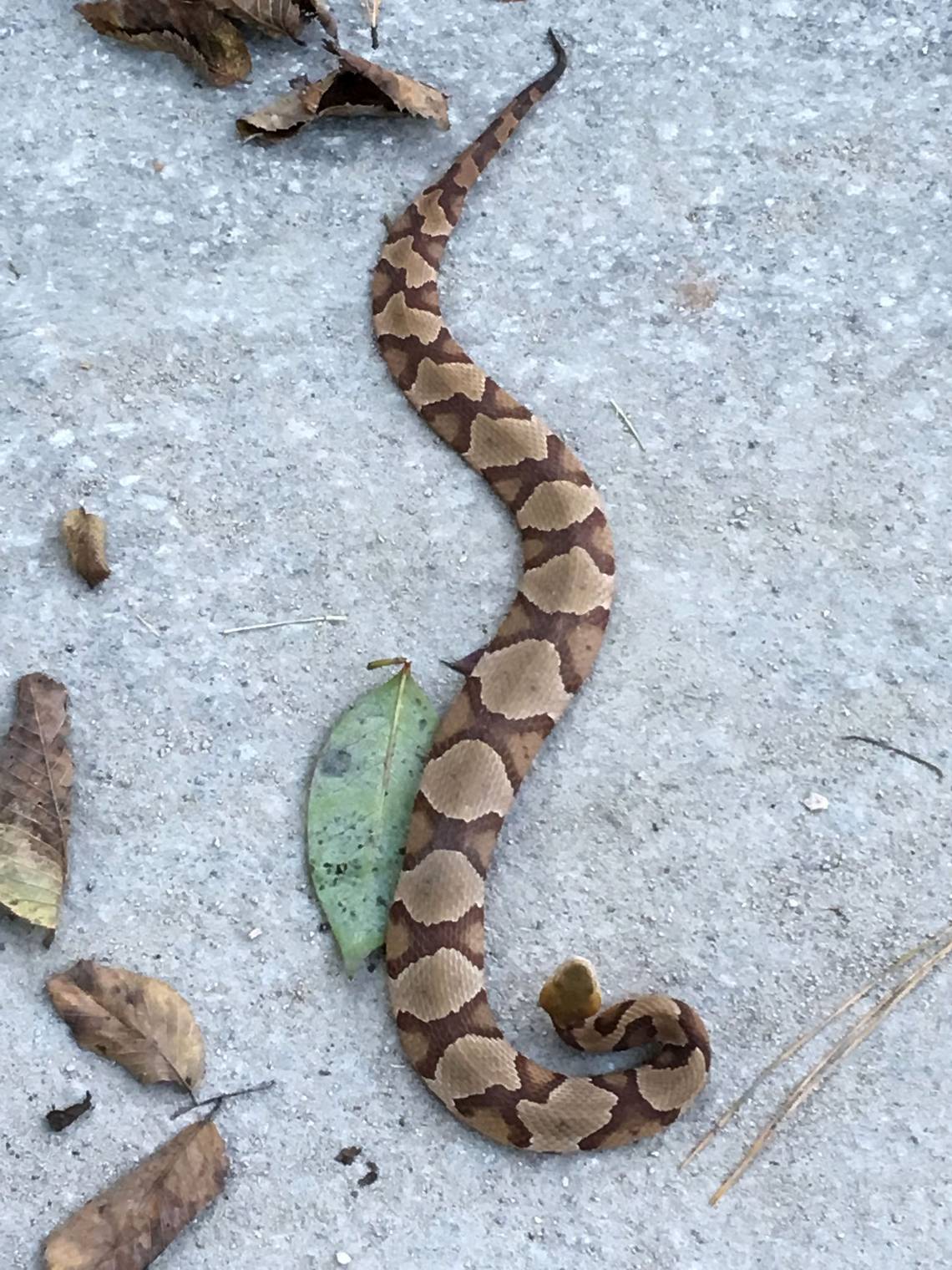A social media post about a dog in Charlotte being bitten by a venomous snake in January has raised questions about whether snakes are still around and a potential danger to pets and people.
While snakes aren’t as active in the winter, experts say, they still surface occasionally during the season.
And in Charlotte and much of North Carolina, there are multiple species of snakes, including several types of venomous snakes. When pets are bitten, acting quickly can mean the difference between life and death.
Here’s what you need to know about snakes in North Carolina, their winter behavior, and what to do if your pet is attacked:
Do snakes hatch in winter?
Because snakes and other reptiles are cold-blooded, there is often a misconception that they hibernate in winter.
“Snakes are less active in the winter,” explains the Chicago Academy of Sciences’ Nature Museum, but they’re not completely dormant. Instead of hibernating like some warm-blooded animals, they “sleep through the winter.”
“Snakes stop eating when the temperature drops, their metabolism slows down and they seek a place underground to hide from surface temperature changes…but will still surface to drink on warmer winter days,” it says. museum.
Under the ground, snakes reside in what is called a “hibernaculum.”
“When there are no natural areas to go underground, some snakes use above-ground structures, such as large decaying logs in oak savannas, or human structures such as mulch piles, railroad embankments, or basements,” the museum says. “Trailways or rails to hiking trails can act as snake highways that direct snakes to restored habitat.”
Different types of snakes “leave hibernation at different times and temperatures.”
What Types of Snakes Are in North Carolina?
Three “families” of snakes have been found in North Carolina, representing 37 different snake species.
Of those 37 species, six are poisonous. “Copperheads are the most common venomous snakes” in the state, North Carolina conservationists say.
What to do if your pet has been bitten by a snake?
The ASPCA recommends keeping dogs on a leash and keeping a close eye on them when they are outside to prevent snake bites. And you should also try to “avoid putting your pet’s face in heavy brush and nose in rock crevices where snakes lurk.”
Cats should be kept indoors to avoid snake bites, the ASPCA adds.
If your pet has been bitten by a snake, the ASPCA advises, it’s important to get them to a vet as soon as possible. You can also call the ASPCA Animal Poison Control Center at 888-426-4435.
“If possible, carry your dog and don’t waste time providing first aid,” the group says. “Sucking out the poison doesn’t work, please don’t try this.”
Veterinarians will usually give your pet fluids and pain medication, as well as any antidotes.
“Tissue damage will develop and progress within a few days and sometimes extensive wound care is needed as tissue dies and new tissue grows,” the ASPCA adds.

